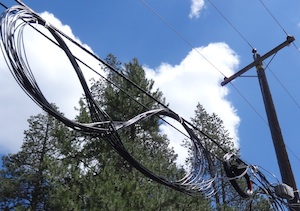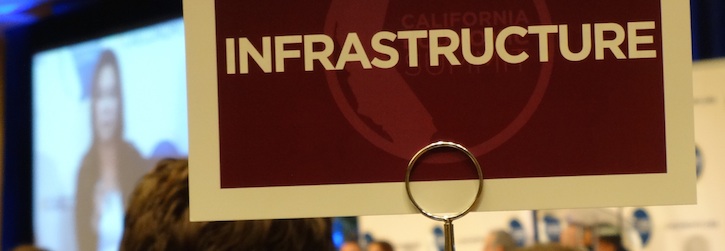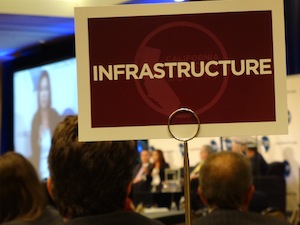Brown, Newsom clash over merits of obstruction

Zorro drew his sword. Paladin went for his gun. TJ Hooker whipped out his stick. When in peril, Californian heroes find salvation in a sure and deadly weapon. In our finest tradition, lieutenant governor Gavin Newsom faced the looming threat of Donald Trump’s wall, shouted not in my backyard and brandished the ultimate equaliser: the California Environmental Quality Act. According to the Los Angeles Times…
… More“There’s something called CEQA in California — NEPA at the federal level,” Newsom said.








